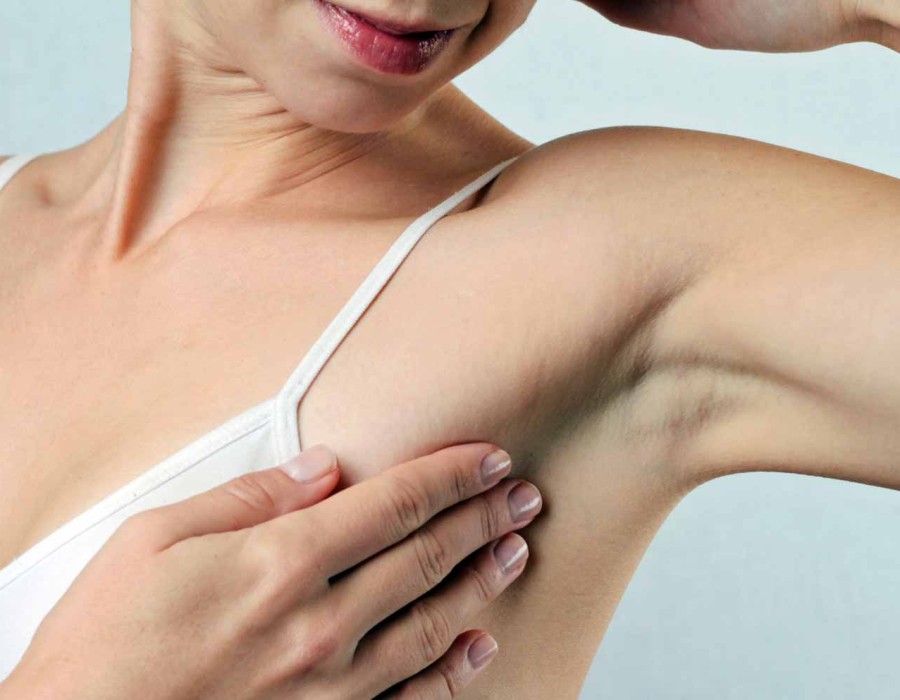Hyperhidrosis Treatment in Dubai, characterized by excessive sweating, can significantly impact various aspects of daily life. While medical treatments like antiperspirants, botulinum toxin injections, and surgical options are commonly used, lifestyle modifications play a crucial role in managing this condition. This article explores how specific lifestyle changes can help individuals living with hyperhidrosis regain control over their lives and reduce the frequency and severity of sweating episodes.
Understanding the Impact of Lifestyle on Hyperhidrosis
The relationship between lifestyle choices and hyperhidrosis is multifaceted. Certain behaviors, dietary habits, and environmental factors can exacerbate sweating. Conversely, adopting healthier habits can alleviate symptoms and enhance overall well-being. By understanding this relationship, individuals can take proactive steps to manage their condition effectively.
Diet and Nutrition
Diet plays a significant role in regulating body temperature and sweating. Certain foods and beverages can trigger sweating or increase the body’s internal temperature, exacerbating hyperhidrosis symptoms.
For instance, spicy foods, caffeine, and alcohol can stimulate the sweat glands and lead to increased sweating. Individuals with hyperhidrosis may benefit from reducing or eliminating these triggers from their diet. Instead, incorporating cooling foods such as fruits, vegetables, and whole grains can promote a healthier body temperature.
Staying hydrated is equally important. Drinking adequate water helps regulate body temperature and can minimize the intensity of sweating. Dehydration can lead to an increase in sweating as the body attempts to cool itself. Therefore, individuals should strive to drink plenty of water throughout the day, especially in hot weather or during physical activity.
Clothing Choices
What individuals wear can significantly influence their comfort levels and sweating. Choosing appropriate clothing is essential for managing hyperhidrosis. Opting for loose-fitting, breathable fabrics made from natural fibers like cotton can help reduce sweating. These materials allow for better air circulation, preventing sweat from becoming trapped against the skin.
Light-colored clothing is also advisable, as it reflects heat rather than absorbing it. Individuals should avoid synthetic fabrics, as these tend to trap heat and moisture, exacerbating sweating. Furthermore, moisture-wicking materials are beneficial for athletic wear, as they help pull sweat away from the skin and facilitate quicker evaporation.
Stress Management Techniques
Stress and anxiety are known triggers for hyperhidrosis. When the body experiences stress, it activates the sympathetic nervous system, which can lead to increased sweating. Consequently, incorporating stress management techniques into daily life can be incredibly beneficial for individuals with hyperhidrosis.
Practices such as mindfulness, meditation, and yoga can help individuals manage stress levels and reduce anxiety. These techniques encourage relaxation and promote mental clarity, allowing individuals to approach their condition with a more positive mindset. Regular physical activity is also an effective way to manage stress and improve overall well-being. Exercise releases endorphins, which can enhance mood and reduce feelings of anxiety.
Regular Physical Activity
Engaging in regular physical activity is vital for overall health and can also aid in managing hyperhidrosis. While exercise can initially lead to increased sweating, regular activity can help the body adapt to temperature regulation over time. Individuals may find that their body becomes more efficient at cooling itself, resulting in decreased sweating in the long run.
Furthermore, physical activity can alleviate stress, boost self-esteem, and promote better sleep, all of which contribute to improved management of hyperhidrosis. Finding enjoyable activities, whether it’s swimming, cycling, or dancing, can encourage consistency in exercise routines.
Sleep Hygiene
Adequate sleep is essential for physical and mental well-being. Poor sleep can exacerbate stress and anxiety, which in turn can trigger sweating. Establishing healthy sleep hygiene practices is crucial for individuals with hyperhidrosis.
Creating a comfortable sleep environment can significantly impact sleep quality. Individuals should consider factors such as room temperature, bedding materials, and nighttime routines. Keeping the bedroom cool, using breathable bedding, and avoiding electronic devices before bedtime can promote restful sleep.
Emotional Well-Being
Addressing the emotional aspects of hyperhidrosis is equally important as managing physical symptoms. Individuals may experience feelings of embarrassment, frustration, or anxiety related to their condition. Cultivating emotional well-being can improve overall quality of life.
Support groups, whether in-person or online, provide an excellent opportunity for individuals to share experiences and connect with others facing similar challenges. Engaging in open discussions about hyperhidrosis can help reduce feelings of isolation and empower individuals to take charge of their condition.
Therapy and counseling can also be beneficial. Cognitive-behavioral therapy (CBT) is particularly effective in helping individuals manage anxiety and develop coping strategies. Therapy provides a safe space to explore emotions, gain insights into triggers, and build resilience.
Integrating Lifestyle Modifications into Daily Life
Incorporating these lifestyle modifications into daily routines requires commitment and consistency. Individuals should approach changes gradually, recognizing that managing hyperhidrosis is an ongoing journey. Setting realistic goals and tracking progress can help maintain motivation.
Establishing a support system, whether through friends, family, or support groups, can enhance accountability and provide encouragement. Sharing experiences with others who understand the challenges can foster a sense of community and empowerment.
Conclusion
Managing hyperhidrosis involves a multifaceted approach, with lifestyle modifications playing a crucial role in alleviating symptoms and improving overall well-being. By making conscious dietary choices, selecting appropriate clothing, managing stress, engaging in regular physical activity, prioritizing sleep hygiene, and addressing emotional well-being, individuals can take significant steps toward regaining control over their lives.
While medical treatments are important, integrating lifestyle changes can enhance the effectiveness of these interventions. Each individual’s journey is unique, and finding the right combination of strategies requires patience and experimentation. By embracing these lifestyle modifications, individuals with hyperhidrosis can cultivate a more fulfilling and confident life.
In the upcoming articles, we will delve deeper into various treatment options, share additional personal experiences, and explore the latest research developments related to hyperhidrosis, further enriching our understanding of this complex condition.





Comments